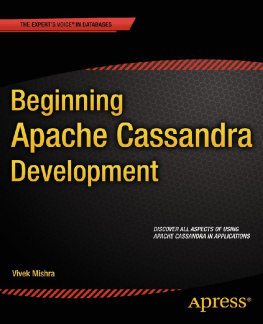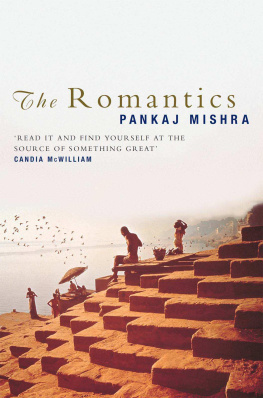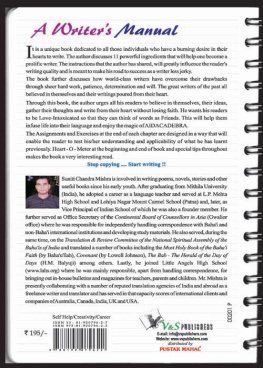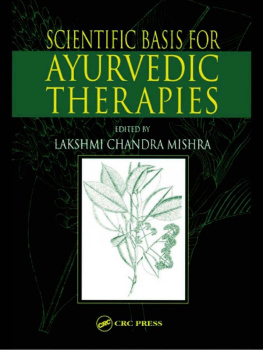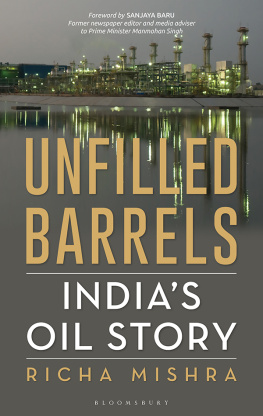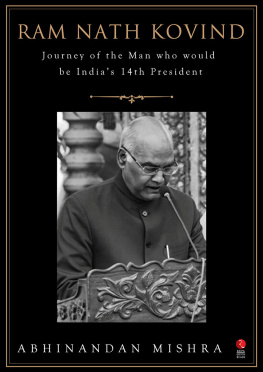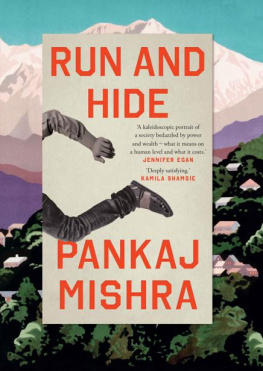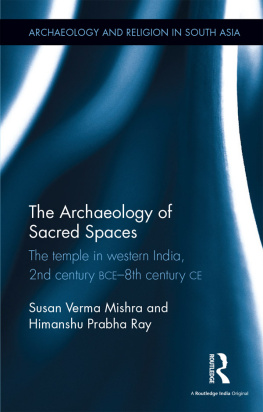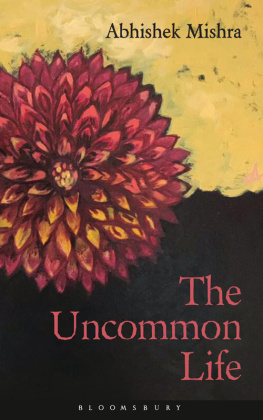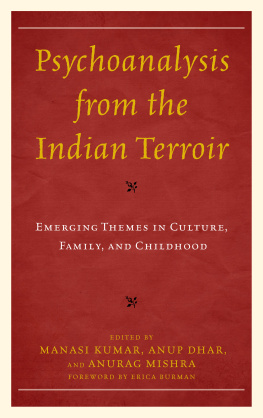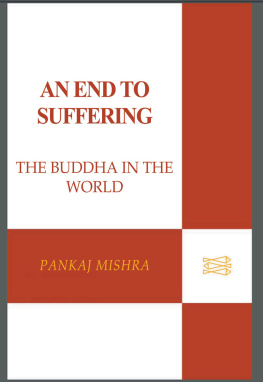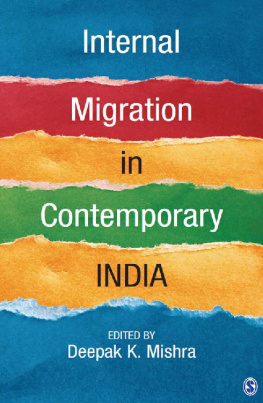Mishra - India in Mind
Here you can read online Mishra - India in Mind full text of the book (entire story) in english for free. Download pdf and epub, get meaning, cover and reviews about this ebook. year: 2005, publisher: Knopf Doubleday Publishing Group, genre: Detective and thriller. Description of the work, (preface) as well as reviews are available. Best literature library LitArk.com created for fans of good reading and offers a wide selection of genres:
Romance novel
Science fiction
Adventure
Detective
Science
History
Home and family
Prose
Art
Politics
Computer
Non-fiction
Religion
Business
Children
Humor
Choose a favorite category and find really read worthwhile books. Enjoy immersion in the world of imagination, feel the emotions of the characters or learn something new for yourself, make an fascinating discovery.

- Book:India in Mind
- Author:
- Publisher:Knopf Doubleday Publishing Group
- Genre:
- Year:2005
- Rating:4 / 5
- Favourites:Add to favourites
- Your mark:
- 80
- 1
- 2
- 3
- 4
- 5
India in Mind: summary, description and annotation
We offer to read an annotation, description, summary or preface (depends on what the author of the book "India in Mind" wrote himself). If you haven't found the necessary information about the book — write in the comments, we will try to find it.
Mishra: author's other books
Who wrote India in Mind? Find out the surname, the name of the author of the book and a list of all author's works by series.
India in Mind — read online for free the complete book (whole text) full work
Below is the text of the book, divided by pages. System saving the place of the last page read, allows you to conveniently read the book "India in Mind" online for free, without having to search again every time where you left off. Put a bookmark, and you can go to the page where you finished reading at any time.
Font size:
Interval:
Bookmark:
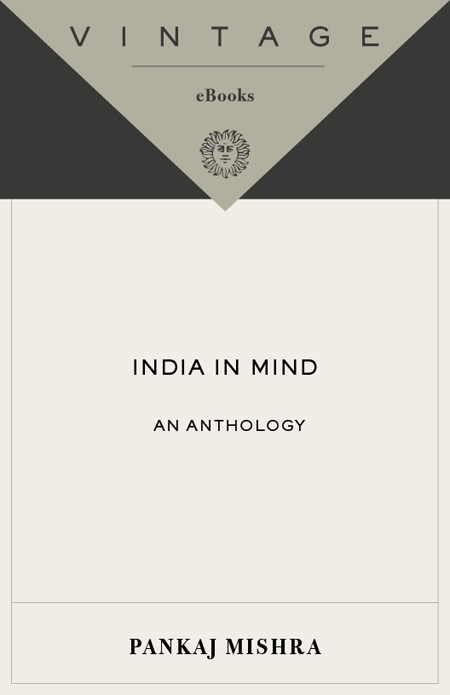

PANKAJ MISHRA
INDIA IN MIND
Pankaj Mishra was born in north India in 1969 and now lives in London and India. He is the author of The Romantics, which won the Los Angeles Times's Art Seidenbaum Award for First Fiction, and An End to Suffering: The Buddha in the World. He is a regular contributor to The New York Review of Books, Granta, and The Times Literary Supplement.
ALSO BY PANKAJ MISHRA
The Romantics
An End to Suffering: The Buddha in the World
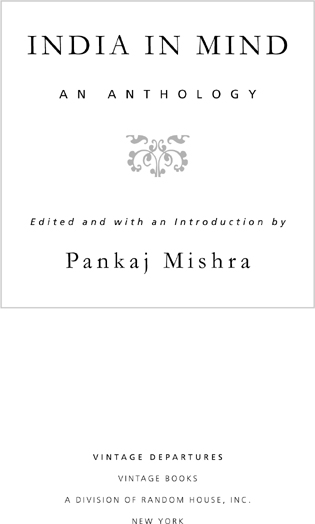
In his great History, the Greek historian Herodotus mentions India, briefly and inaccurately. It is the first known reference to India in western literature; and what should surprise us now is not how little but how much Herodotus, who is supposed to have traveled only as far as Egypt, knew about lands farther east of Greece's great rival, Persia. Much of the world was then a mystery, as much for Herodotus, the father of western history, as for anyone living around the Mediterranean in the fourth century BC. India, where the Buddha was then teaching his subtle philosophy, existed for Herodotus at the extremity of the inhabited worldhe could not believe that Asia could be bigger than Europe. He also thought that gold-digging ants existed in India and produced the tribute he imagined Indians paying to Persia. He did get some things right, however. The tribes of India are numerous, he wrote, and do not at all speak the same language.
In around 400 BC a Greek critic of Herodotus, Ctesias of Cnidus, became the first writer to produce a separate work on India. But he had even fewer facts. To him Indians were satyrs and the Indian sun was hotter and ten times bigger than it was elsewhere. Xenophon spoke of the fabulous wealth of India in his historical novel, Cyropaedia. Plato and Aristotle made half-informed guesses about the country east of Persia. India was, from its first references in western literature, a blend of fact and fantasy in the European imagination.
The precise shape of India was unclear even to the Macedonian conqueror Alexander, who reached as far as the Punjab in north India in 326 BC before turning back, exhausted, and returning to an early death in Babylon. But Alexander managed to bring the West closer to the East than it had been at any other time before. Megesthenes, the Greek envoy to the court of the great Indian emperor Chandragupta Maurya (320297 BC), soon provided the first firsthand account of India. He described a society in which honor, virtue, and wisdom were prized above all. He noticed the Brahmins and the ascetics. He painted an idyllic picture of peasant life. His accounts fed the fantasies of the geographer Strabo (64 BCAD 24) and of the Roman writer Pliny (AD 2479), who thought that India covered one-third of the earth's surface. These general ideas about Indiaits great population and wealth, the caste systemalso showed up in the work of the influential Greek historian Arrian.
More people traveled to India during the first centuries of the Roman Empire when trade between the Mediterranean and Asia flourished. But the Roman historians show little advance over their Greek predecessors in their knowledge of the region. During the Middle Ages, a time of intellectual torpor in the West, India became even more remote. Islam, rising fast in the eighth century across Arabia, Mesopotamia, and North Africa, came to form another barrier between the West and India. During this time, Arab travelersal-Beruni in the tenth century and Ibn-Batutah in the fourteenthwrote the greatest accounts of India.
Medieval Europe invested its own fears and fantasies in the remote unknown land; myth and legend flourished in the absence of information. The cult of Alexander the Great came to be propped up by imaginary tales of his exploits in India. India was where St. Thomas had preached and found converts soon after the death of Christ. India was also the home of Prester John, the fabulously wealthy Christian king, who was going to help Europe decisively defeat the Muslims.
This embroidered veil of ignorance lifted in the sixteenth century, when Jesuit missionaries penetrated India farther than anyone before them and sent back detailed reports to Europe. The opening of the sea route to India in the late fifteenth century brought European traders to India; they studied carefully the native cultures they encountered. The new impulse of curiosity and learning that inspired the Renaissance and led to the Enlightenment took many more Europeans to India. Among the more famous of these were the French travelers Francois Bernier and Jean-Baptiste Tavernier, whose seventeenth-century accounts of India were analyzed closely by Voltaire, among other philosophers of the Enlightenment, and formed the persistent European view of India as an Oriental despotism.
The judgments on India were much less harsh before the days of European empires, when the inferiority of native peoples became an article of faith. Travelers from Europe did not deny that they had in India come up against a culture much older, and in many ways more sophisticated, than the one they belonged to. Voltaire, for instance, often invoked the virtues of India and China in order to show up the inadequacies of eighteenthcentury France.
But the nineteenth century brought new attitudes. A series of scientific, economic, and political revolutions gave Western Europe a new idea of itself. India, and more generally, Asia, became a place against which the traveler from the West measured his own society, and usually found it superior; it became the gigantic but often invisible backdrop to understanding his emotional state, and the refining of his moral and philosophical vision.
The nineteenth century also saw the British complete their conquest of India and become the paramount power in the world. Unlike the Persian and Central Asian conquerors of India before them, the British never looked as if they meant to stay on in India and make it their home. They either went home or died young. India remained, despite a veneer of modernity, a profoundly foreign country; and travelers from the West continued to record its alienness and their own sense of difference and bewilderment.
In E. M. Forster's A Passage to India (1924), the elderly Mrs. Moore, looking for the real India, visits the dark Marabar cavesthe caves where the mysterious rape of Mrs. Quested later takes place, and which in the novel represent the deeply unsettling ambiguities of India. There is a crush of people inside. Mrs. Moore can't breathe. She tries to leave, but fails, and panics. She cries out for help, but the answer she receives is only a meaningless echo, Boum.
The cave is famous for the echo, which is produced by just about any sound. As Forster writes, The crush and the smells she could forget, but the echo began in some indescribable way to undermine her hold on life. It reveals to her the void that lies beneath her experience of India. It is as if India is telling her that pathos, piety, couragethey exist but are identical, and so is filth and that although everything exists, nothing has value. If one had spoken vileness in that place, Forster adds, or quoted lofty poetry, the comment would have been the same oum-boum.
Font size:
Interval:
Bookmark:
Similar books «India in Mind»
Look at similar books to India in Mind. We have selected literature similar in name and meaning in the hope of providing readers with more options to find new, interesting, not yet read works.
Discussion, reviews of the book India in Mind and just readers' own opinions. Leave your comments, write what you think about the work, its meaning or the main characters. Specify what exactly you liked and what you didn't like, and why you think so.

